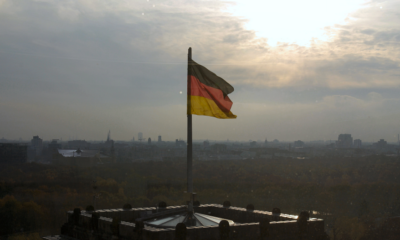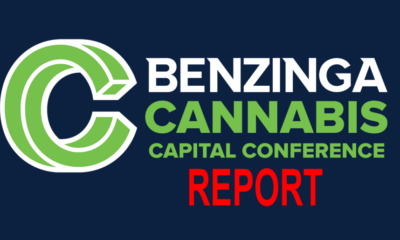Few places on earth have suffered the ravages of the drug war more than Colombia. The country has the perfect climate for growing cannabis, coca and just about any other psychoactive plant. Vast jungles and mountains give cover to rebels, smugglers, cartels and the talented farmers and local people that work in the trade.
The country has been in an armed civil conflict since at least the 1950s—the drug war came later—an endless fight fueled with cash and guns. It’s difficult for Americans to fully understand these kinds of situations. Hundreds of thousands of Colombians have died and millions have been displaced by all these conflicts layered on top of each other. To say the situation in Colombia is complicated would be the understatement of the century. Colombia’s complex history is a kaleidoscope of suffering, violence and struggle. All I can do is offer respect and empathy to how difficult all this has been to the people in that country.
In the last several years a movement towards peace has occurred. One aspect of that peace is an effort to end the drug war, starting with legalizing cannabis. The hope of legalization is to bring normalcy to the cannabis trade as a step on the road towards peace.
Advertisement
Jumping The Gun?
When I did my annual list of yearly predictions for Forbes magazine in January, I said 2023 will be the year that Colombia legalizes adult-use cannabis and begins to set up a framework for a domestic industry and for global exports. Most of my optimism came from newly elected Pres. Gustavo Petro’s, and his commitment to both legalization and setting up a domestic framework and industry.
I assumed reform would happen quickly, given the public support of the president and the significant political capital he was spending on ending the drug war. Speed seemed to be a big part of his strategy. When I circulated my predictions to some of my colleagues who have more expertise in Latin America than I do, there was some doubt that things would move as fast as I was hoping.
Javier Hasse, CEO of El Planteo, the most-read cannabis media outlet in the Spanish-speaking world, gave me insight on the nuances around the legalization hype happening in Colombia. Lucas Nosiglia, president of Avicanna LATAM, a company with huge operations in Colombia, told me he thought things were moving at a brisk pace—but that it would be 2024 or 2025 before recreational cannabis shops opened on the beaches of Barranquilla.
Will Congress Act?
Colombia has been kicking around the idea of legalizing adult-use cannabis for quite some time. “While Petro’s election bodes well for these initiatives, it doesn’t seem like 2023 will be the year we’ll see full legalization, although the process could start to gain traction throughout the year,” Hasse said.
Last year, Gustavo Bolívar, a senator from the Pacto Histórico political party, presented a bill to legalize recreational cannabis. The content of the bill could change over the next few months, but here is what the current draft would allow: Licensed cultivation of cannabis for commercial purposes, sales of adult-use flower, edibles and other products via dispensaries, and online sales of adult-use products.
According to Nosiglia, the Colombian congress is moving relatively fast on legalization. The bill currently has the support of the majority in congress as well as the government, so it is expected to pass if President Petro keeps his current political support. But even if that happens, there will be more hurdles to overcome.
Advertisement
“Based on my experience, even with political support, the regulation process takes significant time. Although the bill and regulations could be approved in 2023, there are additional challenges on executing it—such as issuing dispensary permits, setting standards and authorizing products, educating the community, and more,” Nosiglia said.
Positive Signs
Hasse noted that exports of cannabis are up this year. The new Colombian policy of mandating that health insurance providers cover medical cannabis prescriptions is another good sign of movement on legalization.
These insights reinforce the challenges of bringing cannabis out of the shadows and into the light in Colombia. The truth is, none of the legalization rollouts in any country have gone perfectly to plan. There isn’t a single person on earth who knows how to legalize weed “the right way.”
But Colombia is the latest country to gather the courage and talent to try.

 Cover Features11 months ago
Cover Features11 months ago
 Cover Features11 months ago
Cover Features11 months ago
 Legal9 months ago
Legal9 months ago
 Branding10 months ago
Branding10 months ago
 Products9 months ago
Products9 months ago
 Business12 months ago
Business12 months ago
 Branding12 months ago
Branding12 months ago
 Podcasts11 months ago
Podcasts11 months ago














